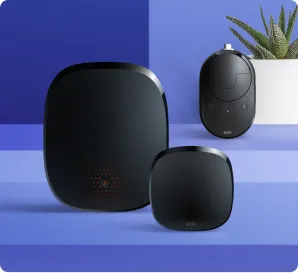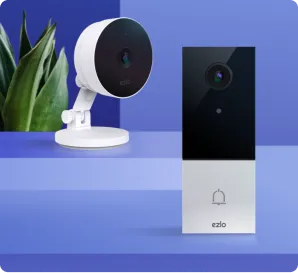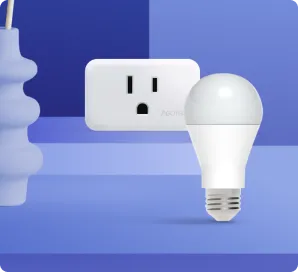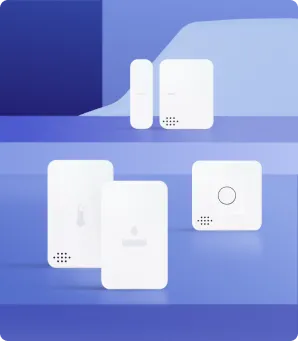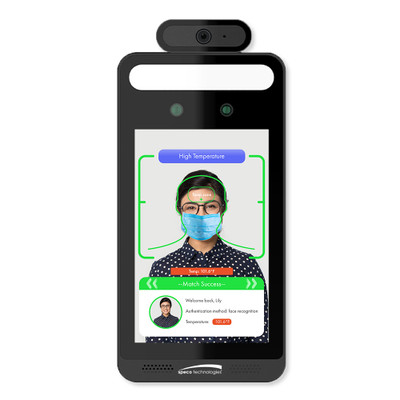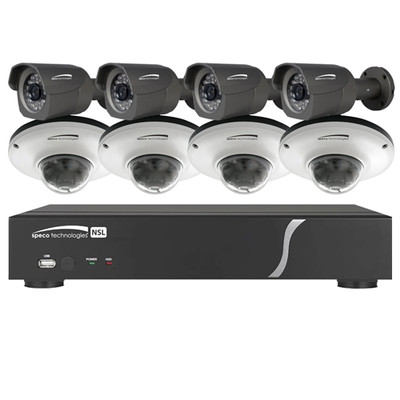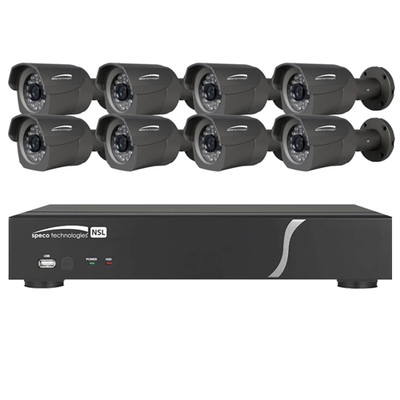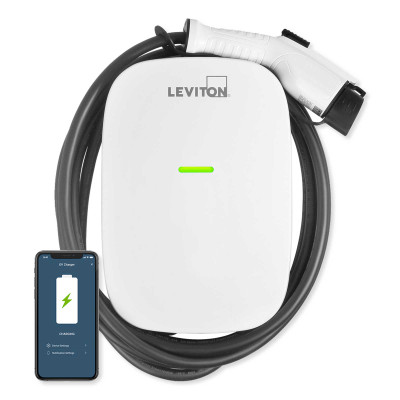Because many homeowners are jumping onto the home automation bandwagon, the number of smart home devices has shot up. Home automation technology continues to advance. The importance of these devices cannot be exaggerated.
As the coronavirus continues to wreak havoc across the world, modern smart home devices have come to the rescue. We are living in a world where touching things is no longer a viable option. Being able to get things done via voice commands is a welcome reprieve.
Home automation devices range from smart lights to security cameras. Almost every function in your home can be automated. For your smart devices to function, they must have smart home automation sensors.
What Are Smart Sensors?
Smart sensors are devices that capture input from the physical surroundings. They use built-in computing resources to execute default tasks once they detect specific input. The smart sensors then process the data received before transmitting it.
Smart sensors are utilized in an extensive range of environments such as battlefield reconnaissance as well as exploration. Without sensors, automation would not be possible. They direct smart devices on how and when to work.
Varieties of Smart Home Sensors
Automation cannot work without sensors. They are the ‘brain’ that feeds your gadget the relevant information they need to operate. There are different kinds of sensors that inform your smart gadgets on how to perform various functions. These include the following:
1. Motion Detector Sensors
These sensors can tell you if someone or something has entered your home. The motion detector sensors can be placed inside or outside the house. An alert is sent to your phone if motion is detected.
You can then check your security cameras and call for help if you need to. This helps to keep your home safe from nefarious characters and to call for help in good times. It helps to keep burglars at bay and to warn you of the presence of visitors in your home.
2. Water Leak Sensors
If you have a leaking pipe, the water leak sensor will let you know. Moreover, it will let you know in plenty of time to do something about the problem before it causes damage. This detector is very important to a homeowner.
3. Window and Door Contact Sensors
They can detect when your doors and windows are left ajar. If the contacts are not touching, an alert is sent to your smartphone to warn you if something unusual is afoot. Maybe a burglar is trying to gain entrance or your child is trying to play hooky.
Window and door sensors help to boost security in your home. They send you alerts that you can use to monitor activity at home and take action if you need to.
4. Indoor/Outdoor Temperature Sensors
These help you to save energy as energy is only used when it is needed.
5. Brightness Sensors
These sensors are excellent for your smart lighting systems. They ensure the brightness in your home is just right.
6. Water Temperature Sensors
The technician installs these in heating ducts to give you precise readings. Water temperature sensors are also useful because they help to curb energy use. Moreover, you will never have to be shocked by extreme water temperatures.
7. Wire Temperature Sensors
These sensors are almost impossible to see with the naked eye. They are attached to a wire to detect any change in temperature.
8. Ultrasonic Sensors
If you harvest rainwater, this gizmo is perfect for you. It is used to measure distance as well as liquid depths and can alert you when your liquid levels are below the advocated levels.
9. Wind Sensors
If your wind sensors detect strong winds, they will shut down your storm shutters, awnings as well as sprinklers. Hence, they help to prevent damage, save you some money and warn you when there are high winds.
Enhancing Comfort and Boosting Health at Home
Smart sensors help to boost your comfort at home. With gadgets that can do everything from detecting burglars to shutting down sprinklers, your quality of life goes up. Sensors help to control many functions of your home.
Temperature sensors contribute to the well-being of everybody in your home. Being able to adjust the temperature in your home to your specific needs is excellent for your health. Moreover, it is possible to adjust the temperatures of every room in your home to each individual’s preference.
Smart heating can make the temperature in a room drier and cooler if that is what you need. You can adjust the heating or cooling in rooms occupied by small children or your elderly parents. This would impact positively on the health of vulnerable members of the family.
Also, being able to run all your gadgets via voice commands is great. However, other gestures can be employed to get things running, For instance, a wave can turn light on or off. You can incorporate gesture-recognition software to control your gadgets.
Conclusion
There is a broad range of different smart sensors to get your different gadgets working perfectly. Without smart sensors, the gadgets would not detect what needs to be done. Hence, the sensors help your gadgets to sense and perform the functions that are needed.

